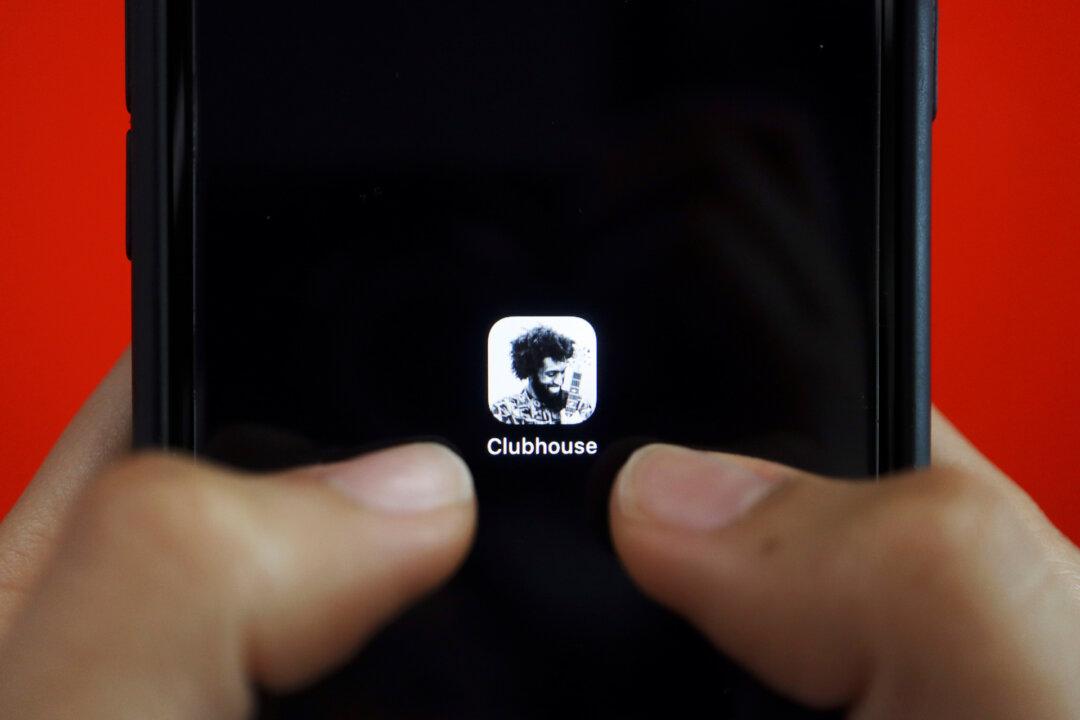The regime in Beijing might have access to raw audio data from mainland Chinese users of the U.S.-based audio app Clubhouse, according to a recent analysis by researchers at the Stanford Internet Observatory.
The Stanford researchers speculated that the regime could potentially punish Clubhouse users in China for their speech on the app, given the regime’s history.




